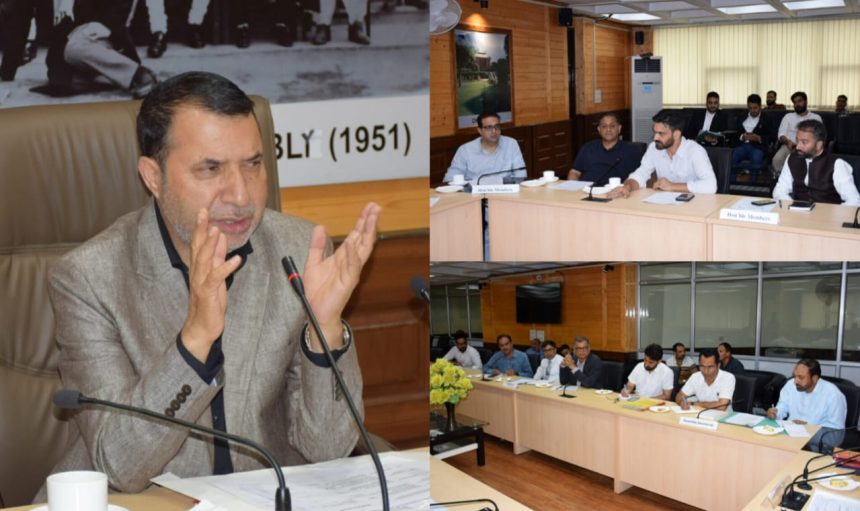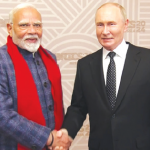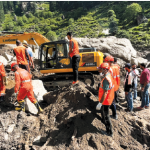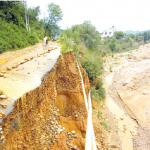Srinagar, Aug 18: The House Committee on Petitions of the Jammu and Kashmir Legislative Assembly on Monday held a meeting at the Assembly Complex, Srinagar, to review the progress of the All India Institute of Medical Sciences (AIIMS), Awantipora.The meeting was chaired by Committee Chairman, Pirzada Farooq Ahmad Shah, and members, including Mushtaq Guroo, Salman Sagar, Waheed ur Rehman Para, Mian Mehar Ali, and Thakur Randhir Singh, also participated in the meeting.At the outset, the Committee conducted a detailed review of works related to infrastructure development, procurement of machinery, workforce and other allied projects. The Chairman emphasised that strict adherence to execution timelines is crucial for ensuring the timely commissioning of this prestigious project. “This project holds immense importance for the people of Kashmir and must be completed at the earliest for their convenience and benefit,” he said.The Chairman directed the concerned authorities to expedite the pace of all incomplete works and ensure their completion in a time-bound manner.The Committee further stressed that AIIMS Awantipora should be commissioned as a single integrated unit, with all facilities, including OPD and IPD service,s made operational simultaneously for the general public.The Chairman said the Committee shall also undertake on-site inspection of the project to check the quality and pace of work.Executive Director AIIMS, Dr S. Mohanty, who was present in the meeting, briefed the Committee about the progress achieved so far. He informed that MBBS courses are expected to commence from July 2026, while OPD and IPD services are likely to start by the end of the same year.Meanwhile, the Committee deliberated on various other issues raised through petitions. The members underlined that every petition would be taken up seriously and reviewed thoroughly to ensure appropriate redressal.The Chairman called on the officers to comply and submit detailed reports on the issues in their respective offices, failing which it shall be treated as non-compliance.The discussions focused on working out practical, effective, and time-bound solutions to the grievances of citizens, with members actively offering constructive suggestions and feedback.
Search
Archives
- August 2025
- July 2025
- June 2025
- May 2025
- April 2025
- March 2025
- February 2025
- January 2025
- December 2024
- November 2024
- October 2024
- September 2024
- August 2024
- July 2024
- June 2024
- May 2024
- April 2024
- March 2024
- February 2024
- January 2024
- December 2023
- November 2023
- October 2023
- September 2023
- August 2023
- July 2023
- June 2023
- May 2023
- April 2023
- March 2023
- February 2023
- January 2023
- December 2022
- November 2022
- October 2022
- September 2022
- August 2022
- July 2022
- June 2022
- May 2022
© 2022 Foxiz News Network. Ruby Design Company. All Rights Reserved.









